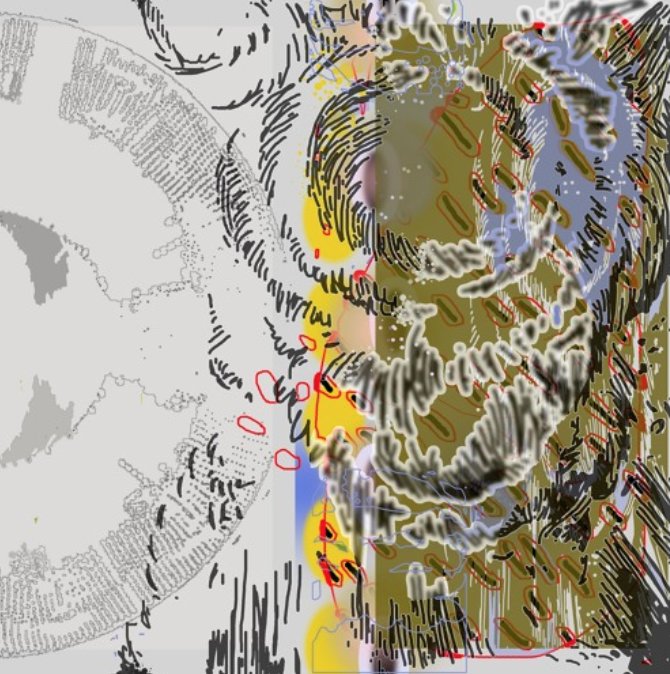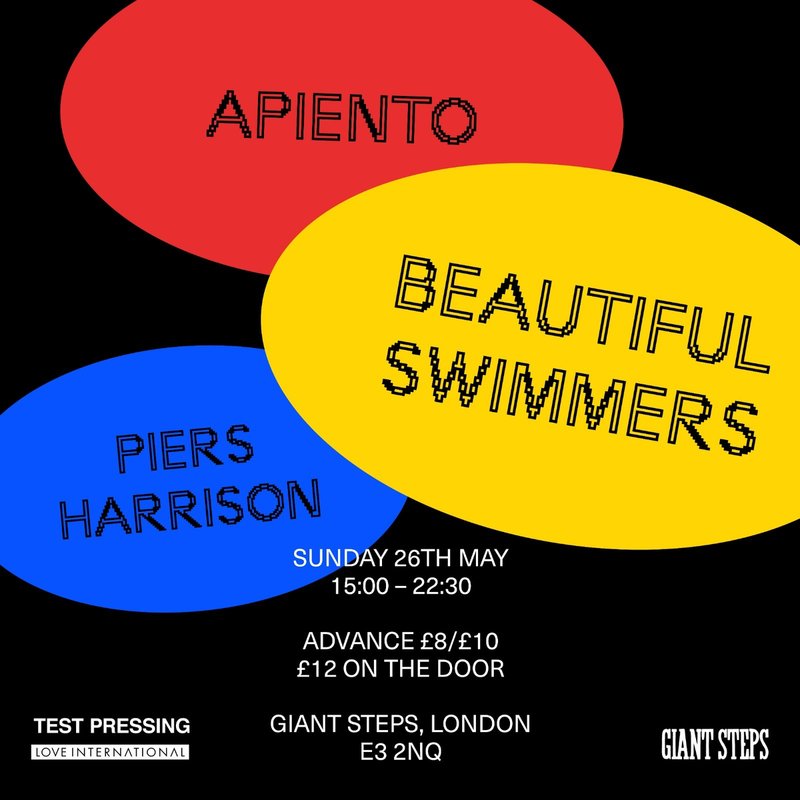John Gmez Interview
Outro Tempo 2
John Gómez made a massive mark when he dropped Outro Tempo last year. With the second volume just hitting the streets he took some time out to answer a few questions from Test Pressing....
[caption id="attachment_33158" align="alignnone" width="620"]
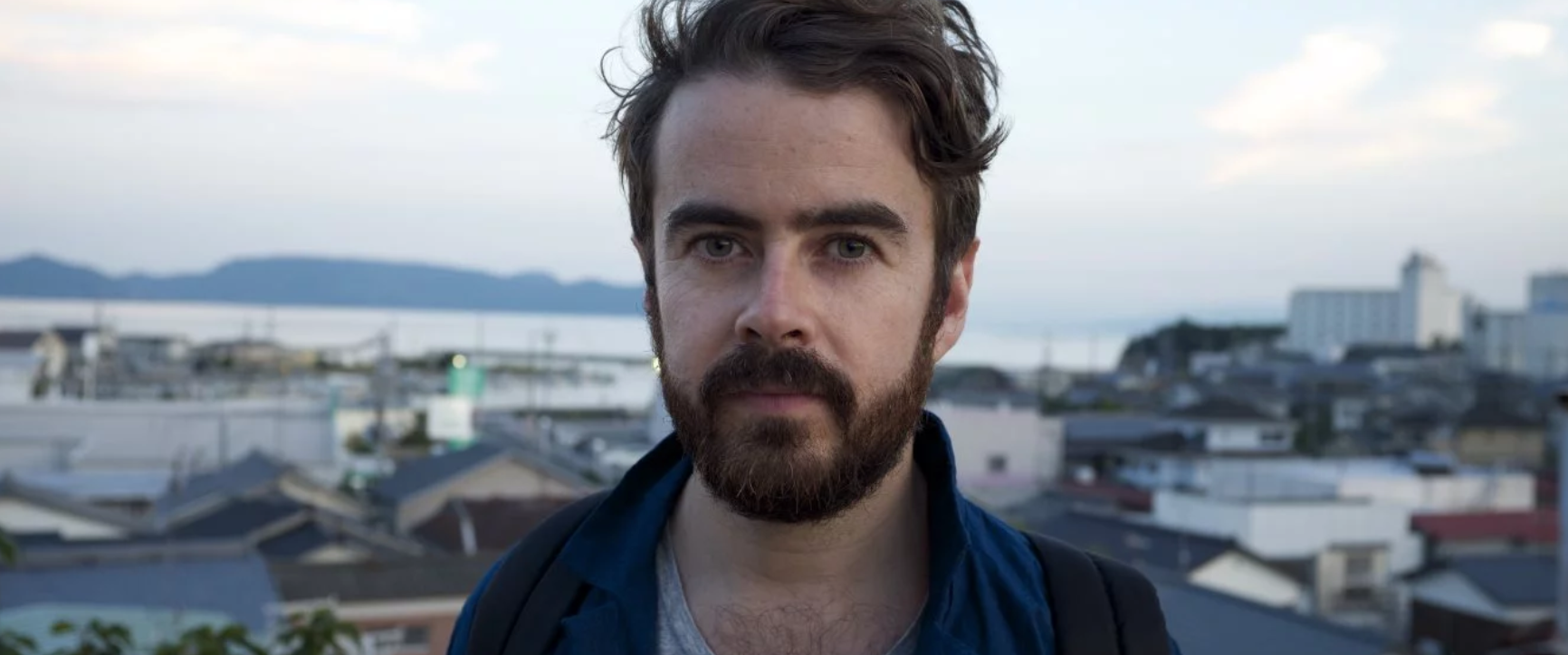
John Gómez[/caption]
To backtrack a little, I think it’s safe to say Outro Tempo was a massive success. Did this take you by surprise or were you quietly confident that it would make an impact?
I was confident in the originality of the idea, in the quality of the music, and in its overall execution, but it was impossible for any of us to anticipate the level of response. I remember discussing with Tako how many copies to press and he suggested 2000 – the biggest first run MFM had ever done – as he was optimistic about selling a good number over the course of a year. Those copies literally disappeared, and we were scrambling to press another 2000 within ten days of release, and more a few months later. It was nuts, but more than focusing on cold numbers, nobody could have anticipated how much people seemed to connect with it.
Did volume one open a lot of doors for you? Did you find people sought you out and some of the music found you this time?
For sure! When I was working on the first volume, I went out to Brazil without knowing anyone, just armed with a portable record player. I feel that now I have been welcomed by the Brazilian musical community, from DJs and musicians to journalists and labels. I wouldn’t exactly say that the music found me though. When people would send me material it didn’t necessarily match up with the way my vision for this volume was developing. However, some contacts I made as a result of the first were crucial in helping me find some of the license holders. For instance, I was fixated on the Tião Neto as a closing track, but I’d been struggling for months to make any progress with Nitéroi Discos, as Tião had sadly passed away. Eventually they told me that the license belonged to his family, at which point I could see it slipping away, as I had no way of finding his family without even a name to look for. So I sent Azymuth’s drummer Ivan Conti a whatsapp message, as Tião had been the bassist for the legendary group Bossa Três before his late experimental stage and I thought that perhaps Ivan would know someone who was close to the family. Within a couple of hours a message came through with a number for Tião’s son Bruno, who lives in Miami, encased in drumming emojis from Ivan. Without the experience of the first volume, this would have been unthinkable.
[caption id="attachment_33157" align="alignnone" width="620"]
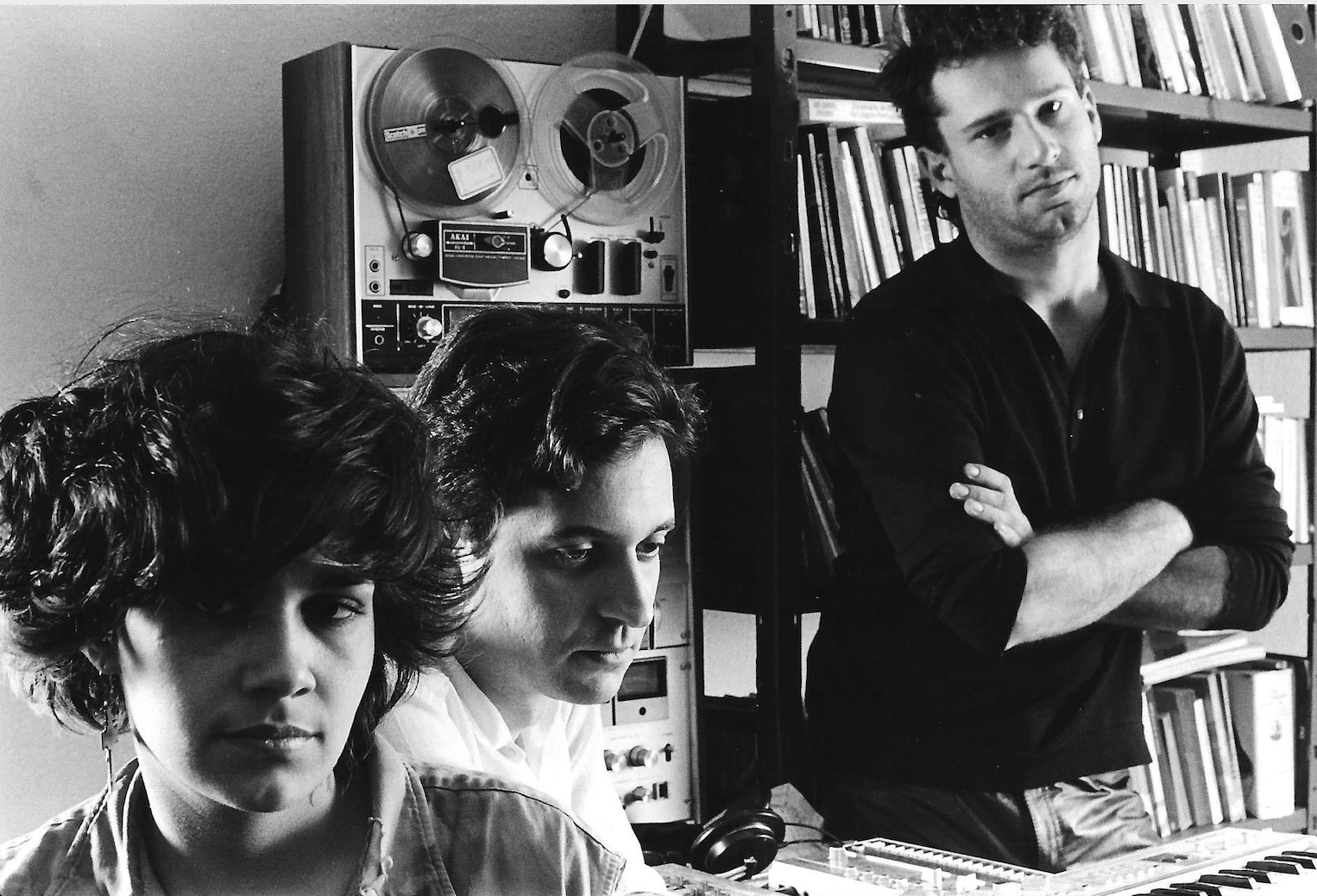
Chance[/caption]
Did you have a plan for the second in your head already?
Not really. I wanted to focus on something else so as not to be pigeonholed as the Brazil guy or put together a collection of the tracks that didn’t make it onto the first. However, after gaining some distance from the first I was able to start seeing a new narrative emerging and I became newly excited by the music. I think it is impossible to second guess these things while you are actually working on them. You are so focused on trying to make the volume at hand perfect that it’s not really feasible to start thinking beyond. The May East record, for example, had been on our radars for a long time but it wasn’t right for the first, so it wasn’t even considered but now the shift had changed so it was possible to build something around it.
Can you tell us a little about how you approached the new compilation?
https://soundcloud.com/music-from-memory/a1-may-east-maraka?in=music-from-memory/sets/mfm-041-va-outro-tempo-ii
Commercially it was important to secure a “big tune” that would get people excited about seeing it reissued. May East acted as that hook and shaped the musical direction. From this point onwards the key thing was incorporating or finding tracks that would maintain the overall musical integrity and could connect to a particular narrative, which this time centered loosely around the São Paulo alternative and bourgeoning electronic scenes. This is when I started to investigate more deeply the legacy of Suba, and the music he recorded in Brazil ended up acting as a kind of pivot around which the rest of the compilation could be built. The licensing was, however, incredibly stressful this time. A couple of crucial licenses took me a full year of negotiations until a signed contract appeared in my inbox. There was a two to three month period in which I was really worried that it was all going to fall apart.
[caption id="attachment_33156" align="alignnone" width="620"]
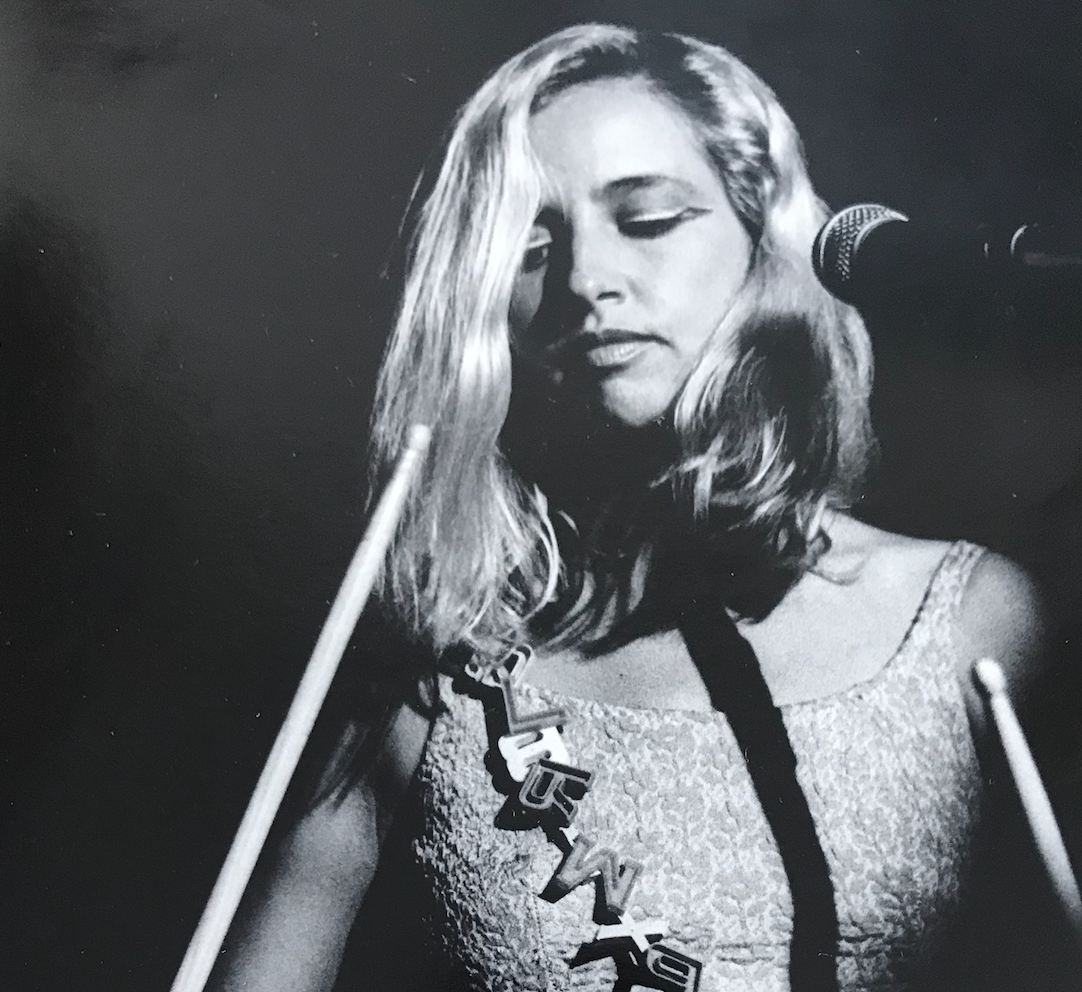
May East[/caption]
It’s safe to say it treads a different path to volume one and comes from a very different place to a lot of listeners generic idea of “Brazilian music”. Does this tie in with the direction your own musical journey of discovery has taken?
Yes of course. It wouldn’t feel honest for me to do something that didn’t reflect my own personal journey. There is a lot of me in both of these compilations; they are guided by my ear and its own journey. I’m interested in moods and in moving between textures and atmospheres so that the listener can connect with different sides of an unknown Brazil instead of just coming away with a snapshot of a particular scene. These compilations are not straightforward collections of say, Brazilian post-punk, new wave or, worse, another collection of well-trodden Brazilian classics that reinforces one-sided and stereotypical visions of an incredibly diverse, complex, and culturally rich country. I want to help problematize the image we have of the place so we can engage with it more fully and meaningfully.
This also relates to the way in which we approach Outro Tempo’s visual identity. I wanted to avoid clichéd images like that of an Ipanema sunset or a black kid playing football in a favela in favour of something more suggestive that could enhance the darkness contained within the music, or within the country more generally, as we can see in its current social and political situation.
The accompanying 12” contains tracks not included on the LP. What informed this decision?
The idea for the EP emerged when I first heard the incredible “Babélico II”. It was actually a 26 minute jam that was recorded directly to cassette and it was going to be difficult to include it in the compilation in its original form, mainly because the sound quality of the recording was so different to the rest of the songs that it would stand out like a sore thumb and interrupt the overall flow. Also, it was too long and jammy so I thought it would be a nice idea to edit it down carefully in a way that was truthful to the original recording and release it independently as a way of getting people excited for the subsequent comp. It’s totally bonkers.
You said that spent a lot of time programming the flow of record. Can you talk about that?
Ha, yes - a borderline obsessive amount of thought and time has gone into the sequencing. It is really important to me that the compilation can be listened to as an album, from beginning to end without any unusual interruptions. A lot of compilations just feel very functional to me, like a collection of random tracks for DJ use. It’s a kind of personal challenge to make diverse music feel like it belongs together, like it was always intended to be listened to in this way. I had a neurotic number of drafts which needed to be changed every time a particular track was confirmed or omitted because the licensing didn’t work out.
Was there anything you really wanted to put on the record that you couldn’t get?
Yes, for sure. There was some music from Zé Eduardo Nazario’s LP Poema da Gota Serena and from his CDs that just became impossible to license – there was just a total breakdown in communication but now Lugar Alto are going to reissue the album in full, which I think is actually better for everyone. The weird thing is I felt a huge liberation when this didn’t work out as it was such a difficult track to incorporate and when I took it out it opened a completely different path for me to take. Also, I couldn’t license a beautiful track by Nivaldo Ornelas called “Da Minha Janela” as it was written by Marcos Resende and even though Nivaldo and Marcos were on board, Sony had bought the Resende catalogue and it was like talking to a brick wall trying to make it happen. I eventually gave up, feeling demoralized and had a re-think as time was really catching up with me by this point. I decided to try to re-connect with the elusive Júlio Pimentel, with whom communication had gone dead a year before even though he lives in Rotterdam. This time he was enthused with the project and within 24 hours I was getting Whatsapp photos from Tako hanging out with Julio’s son Julinho in his flat, who had travelled to Amsterdam to hand deliver a DAT tape and the album for mastering. I’m really happy the other track didn’t work out, as it resulted in this. It’s the synchronicity of these moments, when the stressful emails suddenly turn into friendships, that makes the whole thing come alive.
How have these records impacted on your DJ’ing career? Have they shaped people’s expectations of you as much as they have opened doors?
Yeah, it obviously opens many doors as it gives people some context around my name. But in other ways it also limits me. I know for a fact that some clubs, who only have Outro Tempo as a reference point, have been unwilling to book me because they think that I’m an ambient DJ or just a Brazil person. Or I get booked for early slots because they are unsure that I can actually play a late-night party. People who have heard me play in London for a long time know that that’s not the case and things have been catching on, but I think some promoters are nervous that I’d just send people to sleep. That said, I’m actually really good at that if that is what is needed for your party.
Do you have any plans for launch parties around the record? Live shows?
Yeah, I’m hosting a launch party at Giant Steps in London with my irmão Millos Kaiser on the 23rd of June and another in Amsterdam that weekend. It’s a bit late but we thought it would be a nice way to do a relaxed Sunday of Brazilian music with both of us playing after listening to the comp in full on the amazing system. In terms of live shows, a couple of years ago I produced a live show of the first Outro Tempo with Kassin for the Red Bull Music Academy Festival in São Paulo. It was an amazing show, with Maria Rita, Priscilla Ermel, Marco Bosco, Cinema, Nando Carneiro, and Os Mulheres Negras. I would love to do something again, but as RBMA is closing I’m not entirely sure where I would find the funding for doing something on this scale again, as it was a really big production. But let’s see.
What’s next for you?
Well I’m writing this from Potato Head in Bali, where I’m playing in a couple of days, so I think the only thing to do is go for a swim.
'Outro Tempo II is out now on Music From Memory

